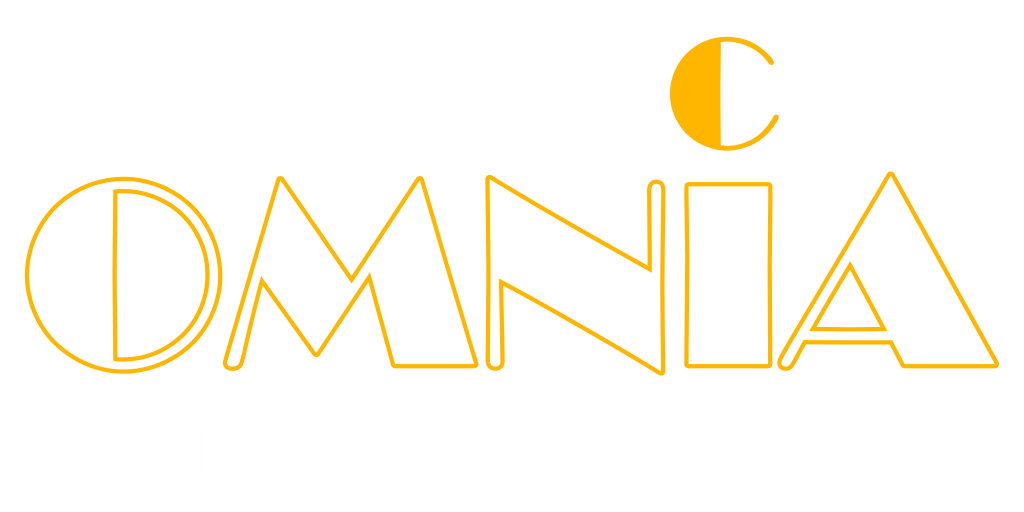Has your small business accumulated too much debt? While in moderation it can be beneficial to companies by increasing their financial health, it can certainly become a burden once it gets out of hand. Having too much debt can make a business insolvent and less attractive to lenders, making it close to impossible to get loans or investments to grow and expand their business. Luckily, there are many ways to reduce your small business debt so let’s discuss them below.
Assess Your Debt
The first step to tackling debt is to understand the full scope of your small business debt. How do you achieve that? You start by making a detailed list, including amounts owed, interest rates, and repayment terms. This is exactly what you will use as the basis when you are creating any debt repayment plans and ways that you can tackle the debt.
Create and Follow a Long-Term Strategy
For many small businesses, reducing debt starts at the core. The key to seeing results is rooted in the ability of the business owner’s motivation and consistency. The first step to creating a strategy is knowing what you are working with – evaluate what you owe, what you have, and your month to month expenses. What is the best way to do this? Making sure that your books are in order and if they are not, the ideal way to get them up to par is by hiring a professional bookkeeper who will help untangle the mess. Once they are sorted, you will have a clear picture of your businesses financial health so that you can accurately plan out how to get back on track.
Accurately Manage Receivables and Payables
While it may not seem like a debt relief option, accurately managing your business accounts receivables is one of the top three ways you can help reduce debt from within. Dedicating your focus on collecting any outstanding payments that are owed to your business can help establish a healthy financial baseline and return help to pay off some debt. This can be done by shortening your payment terms or offering prompt pay discounts.
You may also be wondering – how would managing my accounts payable help me decrease my business debt? Accurate and timely payments will eliminate late fees, overdue charges, and penalties. Even though your monthly planned and unplanned expenses won’t decrease your debt, they can help establish good relations with lenders and other companies which will tremendously help out with our next point.
Applying For a Debt Consolidation Loan
As we know, credit card and loan companies make their money from charging interest – which is why consolidating all of your small business debt will not only help you pay it off faster, but will also reduce the total amount you pay in the end. In order to get the most suitable loan for your business needs, it is important to first know your numbers. Making sure that your books are up to date is the best way to know your business numbers – how much money you have in hand, how much is coming in every month, and how much is actually owed and at what percent interest. You can then apply for a SBA loan – which is the most fitting for almost all small business needs.
Prioritize High-Interest Debt
If you don’t want to apply for a debt consolidation loan and want to focus on repaying the debt by yourself, you should prioritize paying off the high-interest debt first. This is the best course of action if you want to save money in the long run. The way that you would do this? You allocate money every month that you will use to pay off the highest amount of your debt, while only paying the minimum on other forms of debt. This is the best course of action for paying off debt without having to pay huge amounts of interest in the long run.
Cut Unnecessary Expenses
While you are in the process of paying off your small business debt, you should evaluate all of your business expenses and see if you are able to cut out any unnecessary expenses. Regardless if you have small business debt, it is good practice to evaluate your expenses at least once every 6 months to make sure that nothing is slipping through the cracks. Evaluate your subscriptions, services, and processes that are no longer contributing to your business. Redirect these funds towards repaying your small business debt. This is a great proactive strategy that will help you significantly decrease your small business debt.
While accumulating debt on your small business can be intimidating and demotivating, don’t fret! Following the above strategies is a great way to tackle your small business debt and significantly reduce the amount you owe. Reducing small business debt requires a combination of strategic planning, disciplined budgeting, and proactive financial management. By implementing these smart strategies, you’ll be on the path to financial stability and long-term success for your business.



